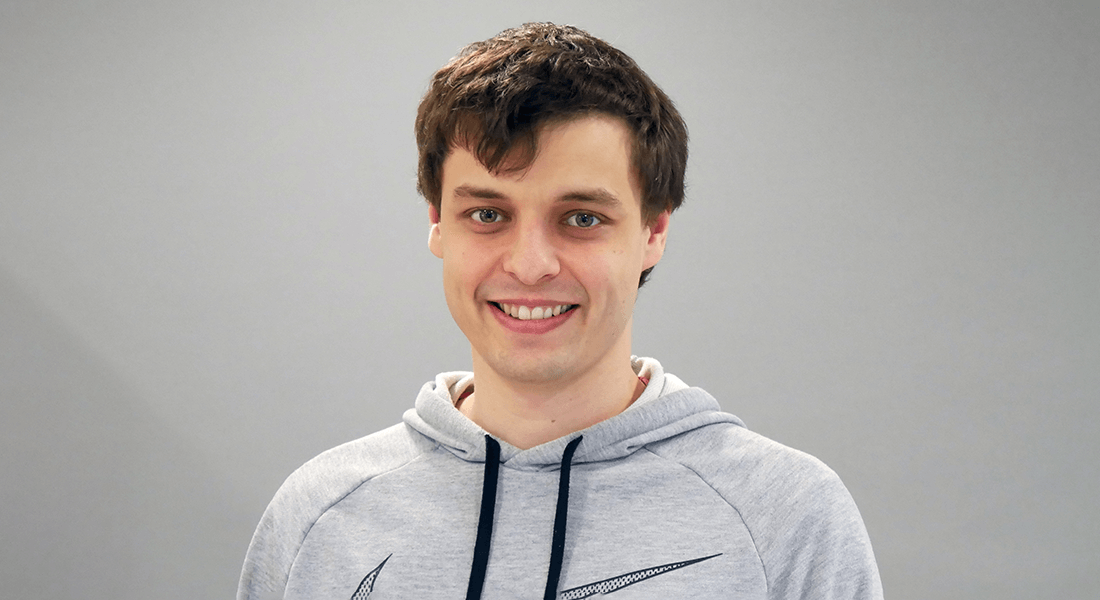Developing a unified statistical framework for analyzing microbiome data
Assistant professor Niklas Pfister has received a 9.8 million DKK Data Science Emerging Investigator grant from the Novo Nordisk Foundation for his research project CausalBiome.

- This grant is an amazing opportunity for me to contribute new statistical analysis techniques to microbiome science. One particularly exciting part of this project will be to develop tailored causal inference tools that use data to learn mechanistic models of the interactions between the microbiome and its human host, says Niklas.
Filling the gap
Microorganisms, such as bacteria, fungi and viruses interact in diverse ways with their surroundings. The human body is estimated to be a habitat for more than 10,000 different microbial species and they have been associated with various health outcomes such as cardiovascular disease, metabolic diseases, obesity, mental illness, and autoimmune disorders.
Thanks to recent advances in gene sequencing technology, scientists are now able to directly measure these microbes. However, to understand how they interact with their human host, sophisticated statistical tools are needed to analyze the highly complex data.
- Unfortunately, current techniques do not offer a unified approach that incorporates all available knowledge into the analysis, Niklas explains:
- The CausalBiome project will fill this gap by developing novel statistical and data science analysis methods, which will lead to a better understanding of how the microbiome interacts with its host. All results will be made publicly available to help other scientists gain new insights into how microbes affect our health.
A new research group
The NNF grant will make it possible for Niklas to establish a research group with three PhD students, a Postdoc and a Scientific Programmer - and to do high-performance computing.
- I look forward to building a research group and am very grateful to the Novo Nordisk Foundation for awarding me this grant, says Niklas.
The Department of Mathematical Sciences employed Niklas in January 2020 as a tenure track assistant professor at the section for Statistics and Probability Theory. He has a PhD from ETH in Zürich, Switzerland. His research has involved developing statistical methodology for problems motivated by the applied sciences, with a particular focus on biological applications.
Niklas is a part of the Copenhagen Causality Lab (CoCaLa).
The purpose of the Novo Nordisk Foundation ‘Data Science Emerging Investigator’ grant is "to support highly promising starting group leaders with ambitious projects within data science, which explore and expand data science applications to real-world scientific problems within the scope of the NNF Data Science Initiative". Through the Data Science Initiative NNF aims to strengthen the Danish academic research environment within data science and artificial intelligence.
Project details

Project:
CausalBiome: Developing a unified statistical framework for analyzing microbiome data
Project period:
2021-2026
Funding:
DKK 9.8 million – a Data Science Emerging Investigator grant from the Novo Nordisk Foundation
Contact:
Niklas Pfister
Assistant professor
